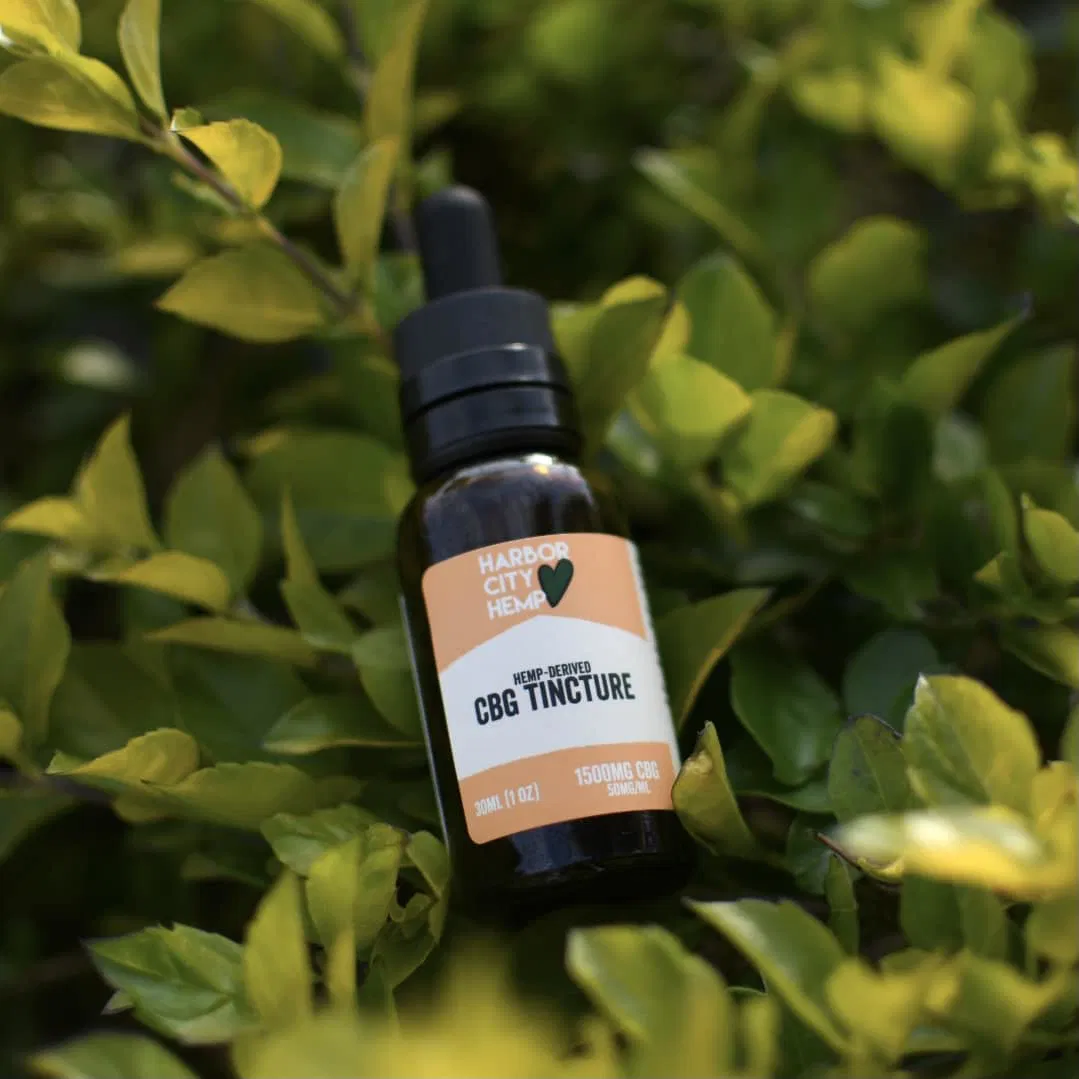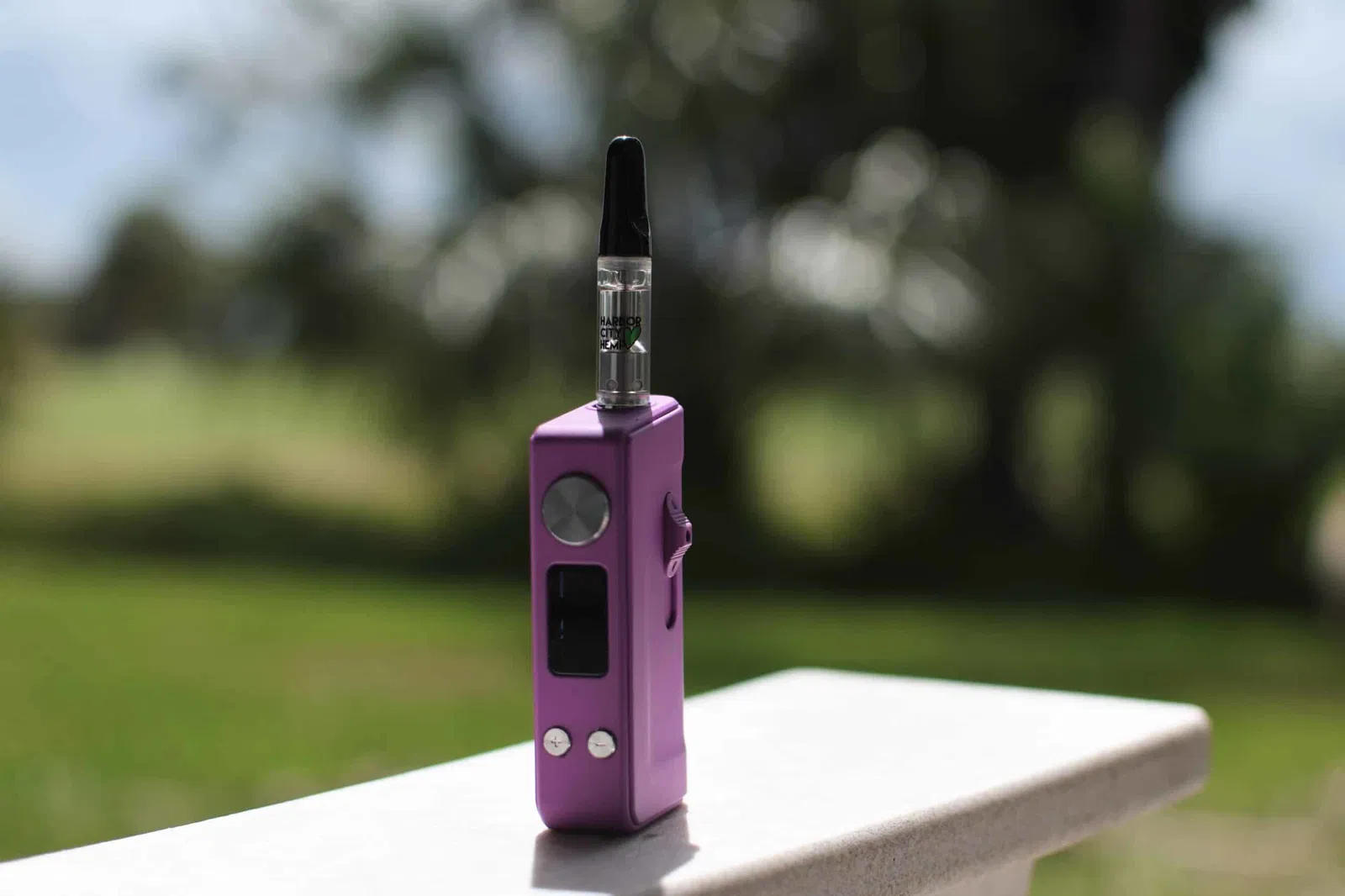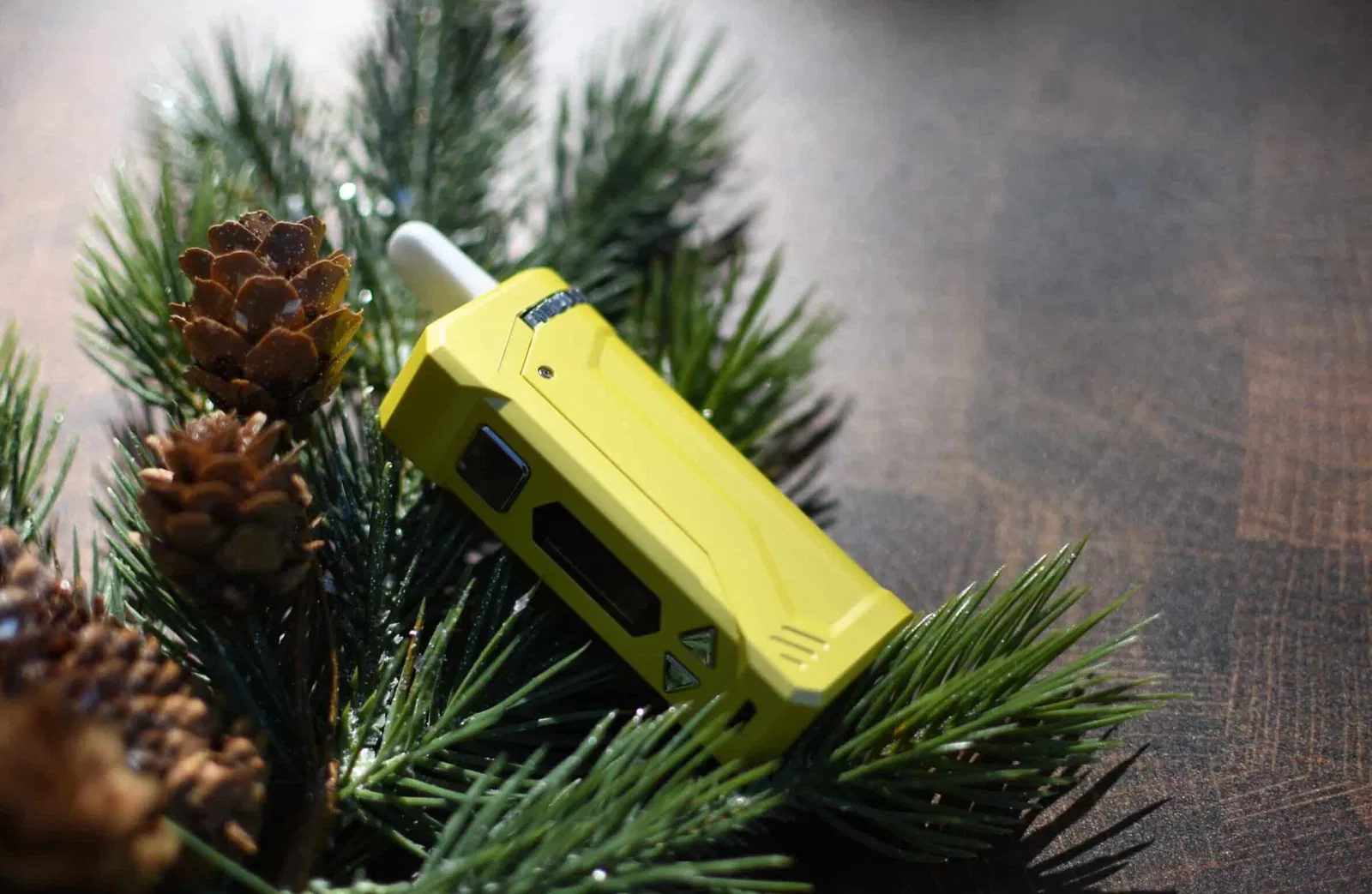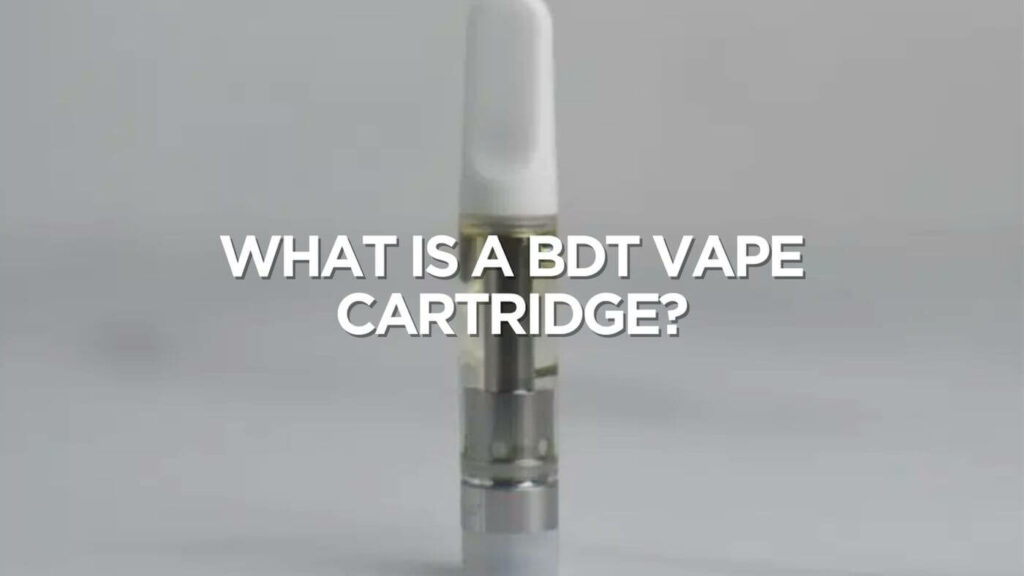Devices
What is a BDT Vape Cartridge?
Nowadays, Delta-8 vape cartridges are frequently enriched with terpenes to provide more than just the properties of Delta-8 THC and increase the product’s bioavailability through synergistic value. Terpenes are secondary compounds present in hemp, following cannabinoids, which possess distinct properties of their own. Furthermore, terpenes have been extensively studied for their unique abilities as they are present in all essential oils derived from plants.
Terpenes in Delta-8 vape cartridges and all hemp products can be acquired from either the cannabis plant directly or from plants that contain similar terpenes to cannabis. By comparing botanically derived terpenes (BDT) with cannabis-derived terpenes (CDT), it is possible to assess which is superior in terms of effectiveness, quality, and other relevant factors.
If you are curious about CDT and BDT vape cartridges and would like to learn more about them, then this is the right place to be. In this article, we will explore BDT vapes, specifically Delta-8 BDT cartridges.
First of All: An Introduction to CBD Products
CBD, or cannabidiol, is a naturally occurring compound derived from the Cannabis sativa plant. This plant is specifically cultivated for its high CBD content and low levels of THC, the psychoactive compound that produces the feeling of being “high”. When consumed, CBD interacts with the endocannabinoid system in the body, which plays a crucial role in regulating various physiological processes such as mood, sleep, appetite, and immune function. By supporting this system, CBD can promote balance and wellness in the body.
One of the key advantages of using CBD products is that they are non-intoxicating and do not produce any euphoric effects. In addition, current research suggests that CBD is not addictive, mainly due to the fact that it does not produce the feeling of being “high”.
If you are interested in learning more about the details of each CBD product available and its usage and effects, check out our blog answering the question: Is Vaping CBD Addictive?
Also, there are various methods to consume cannabinoids, each with unique effects in terms of potency, duration, and convenience. Inhalation methods like vaping or smoking offer quick effects, while edibles provide longer-lasting ones. Edibles are discreet, but smoking methods are more noticeable. Read our Edibles Vs. Vaping for more information on these products and the best way to consume cannabis.
What Are Terpenes?
Terpenes are fascinating organic compounds that contribute significantly to a plant’s distinctive aroma and flavor. They are found in various plants, including cannabis, and play a vital role in determining the strain’s unique scent profile.
When it comes to cannabis, trusting your sense of smell can be a reliable indicator of whether you’ll enjoy a particular strain. The aroma of a strain can provide insight into the potential effects it produces. For example, if you are drawn to the scent of a strain with a citrusy or fruity aroma, it may suggest that it could produce uplifting effects.
Moreover, research has shown that terpenes have potential therapeutic benefits and may influence the physiological and psychological effects of cannabis. Some terpenes, such as beta-caryophyllene, have been found to possess anti-inflammatory properties, while others, like limonene, may promote relaxation. The entourage effect, which refers to the synergistic relationship between cannabinoids and terpenes, has gained attention in recent years.
Understanding the various terpenes and their effects can help you choose a cannabis strain that best suits your needs and preferences. For instance, if you are looking for a strain that may help alleviate stress or anxiety, you may want to consider one that contains linalool, a terpene that has been found to possess calming effects.
Overall, terpenes are a fascinating area of research and are worth exploring to fully appreciate the nuances of cannabis strains.
How are Terpenes Derived?
Terpenes can be extracted from plant material in one of two main ways:
- Cannabis-derived terpenes (CDT)
- Botanically derived terpenes (BDT)
What Are Cannabis-Derived Terpenes (CDT)?
The quest for the most accurate cannabis flavor and aroma profiles started with the plant itself, and it seemed only natural that the purest and most flavorful terpenes would be derived directly from the plant.
Cannabis-derived terpenes (CDT) take the terpenes directly from hemp as they naturally exist in the plant material. This means that when creating a specific strain for a Delta-8 vape cartridge, the manufacturer simply takes that strain of hemp and extracts the terpenes out of the plant material. The result is a terpene profile that matches that of the strain as it occurs in nature.
While CDTs offer a level of accuracy that is difficult to match, there are several obstacles to using them at a production scale. Firstly, cannabis terpenes are difficult to extract, and the process often requires undesirable chemicals or complex techniques that drive up costs. Additionally, a 100% pure extraction is difficult, to say the least, as there are many volatile elements being extracted in addition to the terpenes. Secondly, consistency is not easy to guarantee. Cannabis is inherently variable, and the production-scale consistency of source crops is virtually impossible to ensure.
As a result, a new approach was necessary, which led to a closer look at the intriguing world of shared terpenes. If certain cannabis plants share terpenes with other plants, surely there would be a way to recreate these aromas and flavors without cannabis? This led to the development of Botanical Terpene Distillation (BDT), which we’re going to cover in the next section.
What Are Botanically Derived Terpenes (BDT)?
Botanical terpenes are highly purified compounds that can be obtained from natural sources like citrus, thyme, and lavender through a straightforward distillation process. These terpenes are becoming increasingly important in the cannabis industry as they can replicate the vast variety of cannabis strains without the need for cannabis as a source material. This is particularly beneficial in regions with strict cannabis regulations as it can be challenging to comply with quality and quantity standards.
One of the most exciting applications of botanical terpenes is in vape cartridges. By sourcing terpenes from non-cannabis plants and adding them to the cartridge in the same amount as they would naturally occur in a specific hemp strain, it’s possible to replicate the terpene profile of that strain. This is known as Botanical Terpene Distillation (BDT), and it’s revolutionizing the cannabis industry.
Linalool, which is present in lavender and limonene, are just two examples of terpenes that can be used in BDT. These terpenes are also present in hemp, so it’s possible to replicate the unique flavor and aroma of a specific strain without using cannabis as source material. This is a game-changer for the industry, as it eliminates the need for growers to produce a consistent supply of high-quality cannabis to achieve a consistent product.
The benefits of using BDT vape cartridges don’t stop there. Terpenes are believed to have medicinal properties and may even enhance the effects of cannabinoids like THC and CBD. By using BDT, it’s possible to create a product that not only replicates the flavor and aroma of a specific strain but also its potential therapeutic benefits.
In conclusion, botanical terpenes are an exciting development in the cannabis industry. They allow for the replication of the unique flavor and aroma of specific hemp strains without using cannabis as source material, making compliance with strict regulations easier. Additionally, the potential medicinal benefits of terpenes make them an exciting area of research for the industry. BDT, especially in the form of BDT vape cartridges, is a game-changer that is set to revolutionize the industry and the way we think about cannabis products.
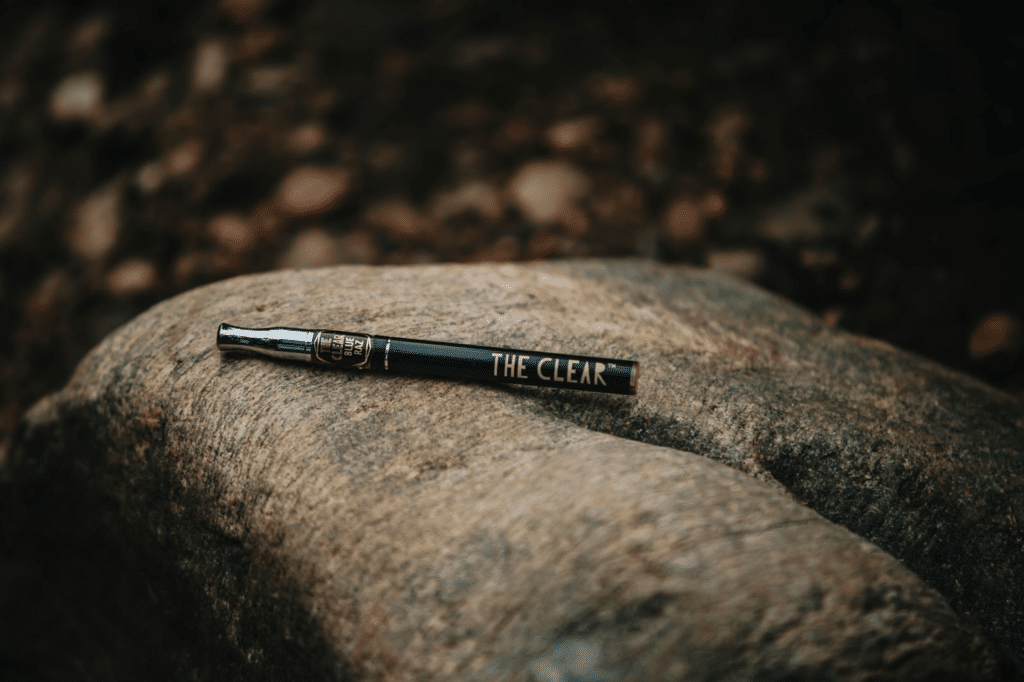
CDT vs BDT: Which One Should You Choose?
CDT or BDT vape cartridges could contain terpenes from various plant sources, and it’s important to understand how these ingredients affect your experience.
CDTs offer a level of accuracy that is difficult to match, but BDTs are more cost-effective and easier to produce at scale. Ultimately, the choice between BDTs and CDTs comes down to personal preference and the desired effects. It’s important to choose a reputable manufacturer that uses high-quality ingredients and is transparent about their production methods.
Harbor City Hemp Discount Program
At Harbor City Hemp, we are committed to delivering premium products to our valued customers, with a focus on making them accessible to all. That’s why we’re excited to announce our new discount program, which offers significant savings of up to 30% for eligible groups.
We believe in supporting those who have served our country, individuals with disabilities, and low-income people across the United States. Our discount program is our way of showing our appreciation for their contributions and making our top-quality products more affordable for those who need them most.
By taking advantage of this program, you can enjoy the many benefits of our exceptional products while saving money. Signing up is easy – simply visit our website and register for the discount program.
Once enrolled, you can enjoy our products at a reduced price, making it easier than ever to incorporate them into your daily routine. Whether you’re looking for CBD oil, topicals, edibles, or any other products, our discount program ensures that you have access to them at an affordable price.
Don’t miss out on this opportunity! By registering for our discount program, you can save money while trying out our exceptional products. Join the Harbor City Hemp community today and take a step towards a healthier, happier life.
Bottom Line
After reading through the above discussion, you should now have a solid understanding of the differences between CDT and BDT terpenes and their respective benefits.
While we at Harbor City Hemp prefer to use cannabis-derived terpenes for their potential entourage effect, we also recognize the value of utilizing terpenes from other botanical sources. Botanically derived terpenes allow us to provide quality products at a more affordable price point without sacrificing effectiveness or safety.
It’s ultimately up to you as the consumer to decide which type of terpene you prefer in your products. At Harbor City Hemp, we offer both CDT and BDT vape cartridges to accommodate your personal preferences. We take pride in being transparent with our customers and encourage you to always verify any claims made by other companies regarding the terpene content of their products.
As always, it’s important to approach any Delta-8 THC product with caution and to only purchase from reputable sources that prioritize safety and quality. We offer a variety of cartridges suited to various preferences and needs.
Our 1ml Delta-8 BDT Cartridge is a popular choice among customers, offering a smooth and potent experience. For those looking to try something new, our 1ml HHC BDT Cartridge provides a unique high due to its different chemical structure. Regardless of which product you choose, we prioritize safety and quality in every step of our production process to ensure the best possible experience for our customers.
What Is A BDT Vape Cartridge FAQ
What Does BDT Mean in Delta-8?
Botanically derived terpenes (BDT) are extracted from natural plants other than hemp, and they do not originate from the hemp plant. It’s worth noting that every terpene that is present in hemp can also be found in various other plants in nature.
How Do CDT and BDT Measure Up to Each Other?
The choice between CDT and BDT terpenes depends on personal preference, with CDT being softer and more natural-tasting. BDT may be more cost-effective as terpenes from other plants are cheaper to extract. CDT may offer a greater chance for the entourage effect due to the higher terpene diversity found in cannabis-derived terpenes. However, this is yet to be proven.
How Much Is Too Much Terpenes?
For cannabinoid products, having too many terpenes is not recommended, with a maximum of 15%. A desirable range for terpene concentration in finished products is 2-5%, as concentrations below 2% may not provide the desired flavor and aroma benefits.
Can You Overdose on Terpenes?
While it is commonly believed that overdosing on terpenes found in cannabis is unlikely to be fatal, it is still a possibility. An overdose can be dangerous and may require medical attention, although most patients typically recover fully without any lasting effects.

